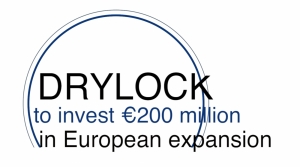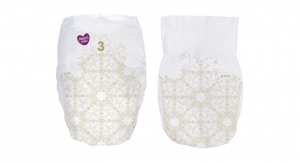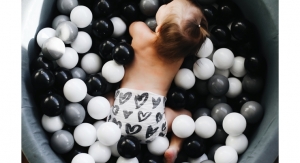06.01.18
At the International Nonwovens Symposium in Rome, Italy, Dayal Mehta, senior manager, marketing, innovation and research for Welspun India, gave a presentation on the Indian consumers’ preference for resusable versus disposable materials. According to Mehta, the consumers’ need for convenient products is in stark contrast to a strong habit of reusability that is ingrained into their psyches. This has paved the way for “responsible disposables,” as Indian people looks for ways to handle increased waste.
Among other things, Welspun manufactures spunlaced nonwovens using sustainable materials for markets including wipes, medical and hygiene.
Currently, in India, about 97% of the baby diaper market is disposables but the trend is moving toward reusable diapers because they are both more environmentally and budget friendly. However, other hygiene markets are increasing their use of disposables. The feminine hygiene market is worth nearly $550 million and is growing at 6%, representing 100% disposable products while the disposable wipes market is growing 6% per year and the medical market continues to shift toward disposable products. “Anything that makes life easier has a good chance in India but there is an even greater chance if the product is environmentally friendly,” Metha says.
This mindset has led to the creation of initiatives like Clean India Mission and Make in India which not only invest in Indian companies but also focus on more sustainable initiatives. For example, in honor of World Menstruation Day in May, the Indian government distributed sustainable feminine hygiene pads to 30% of urban women.
Additionally, efforts to increase recycling of all types of plastics are underway in the country where landfill space is at a premium and littering and garbage collection are major problems.
“With the help of next generation technologies, we will be able to recycle the waste and generate money out of the process,” Mehta adds. “This will mean that waste is not waste.”
Among other things, Welspun manufactures spunlaced nonwovens using sustainable materials for markets including wipes, medical and hygiene.
Currently, in India, about 97% of the baby diaper market is disposables but the trend is moving toward reusable diapers because they are both more environmentally and budget friendly. However, other hygiene markets are increasing their use of disposables. The feminine hygiene market is worth nearly $550 million and is growing at 6%, representing 100% disposable products while the disposable wipes market is growing 6% per year and the medical market continues to shift toward disposable products. “Anything that makes life easier has a good chance in India but there is an even greater chance if the product is environmentally friendly,” Metha says.
This mindset has led to the creation of initiatives like Clean India Mission and Make in India which not only invest in Indian companies but also focus on more sustainable initiatives. For example, in honor of World Menstruation Day in May, the Indian government distributed sustainable feminine hygiene pads to 30% of urban women.
Additionally, efforts to increase recycling of all types of plastics are underway in the country where landfill space is at a premium and littering and garbage collection are major problems.
“With the help of next generation technologies, we will be able to recycle the waste and generate money out of the process,” Mehta adds. “This will mean that waste is not waste.”











